NDO - On February 7, Ho Chi Minh City National University organized a seminar on Comments on the draft Law on Science , Technology and Innovation (draft Law). Many experts, scientists, and representatives of relevant agencies attended.
In his opening speech, Associate Professor, Dr. Vu Hai Quan, member of the Party Central Committee and Director of Ho Chi Minh City National University, said that the Law on Science and Technology is the most important legal foundation for the development of science and technology.
Therefore, from practical experience, Ho Chi Minh City National University has proactively researched and proposed direct comments to the draft Law on Science, Technology and Innovation to remove all barriers for science to truly become a new driving force.
At the seminar, many scientists gave their sincere opinions in a frank spirit on the contents of the draft Law, with the expectation of building a favorable legal corridor, creating a breakthrough in the development of science, technology and innovation.
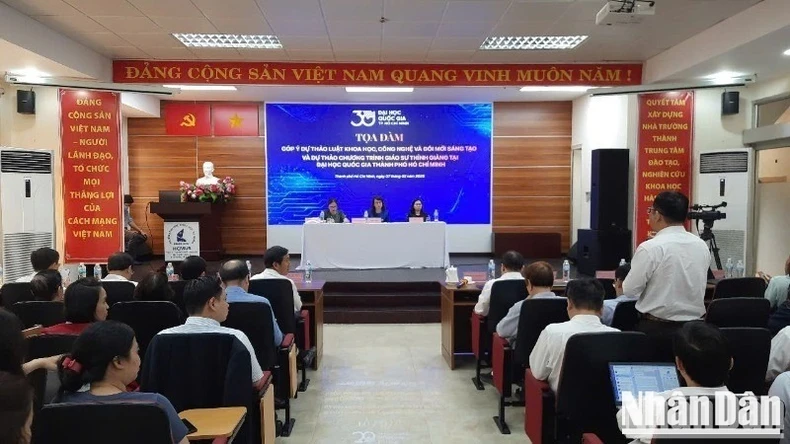 |
Seminar scene. |
Accordingly, some opinions said that the draft Law has not clearly stated the mechanism and incentives for universities to establish enterprises; science and technology enterprises in universities, especially for commercialized products, spin-offs or cooperation between enterprises and research and development (R&D) from universities.
The draft Law needs to have more innovative adjustments, focusing on strong tax incentives and more flexible financial support for science, technology and innovation enterprises.
At the same time, it is necessary to simplify procedures for commercializing research results; build a national innovation ecosystem with the participation of businesses; improve science, technology and innovation human resources policies to attract talent.
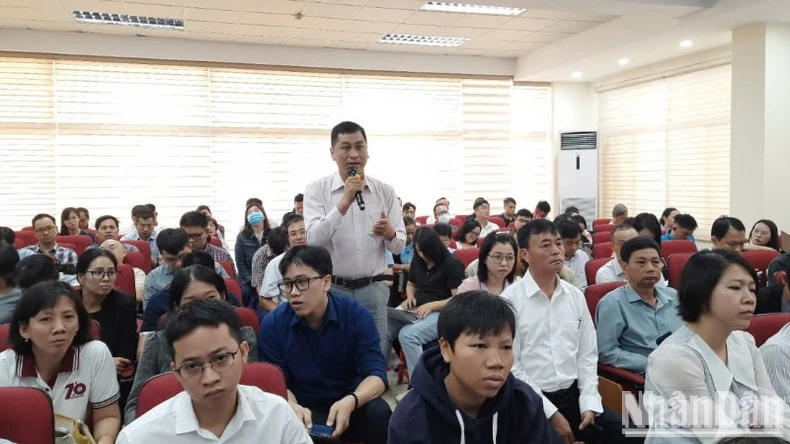 |
Delegates speaking at the seminar. |
The Draft Law needs to encourage and create conditions for scientists to commercialize their scientific research products through the establishment of science and technology enterprises or university-affiliated enterprises.
According to Associate Professor, Dr. Phan Bao Ngoc, International University (Ho Chi Minh City National University), the draft Law needs to have provisions related to the country's key strategies on artificial intelligence, biotechnology, high energy, materials... to serve as a legal basis for development.
Meanwhile, Professor, Dr. Nguyen Thi Canh, University of Economics and Law (Ho Chi Minh City National University) said that the regulations on finance and investment for science and technology in Chapter IV of the draft Law only mentions spending on science and technology at least 2% of the state budget.
However, it has not covered the average investment in science and technology from different sources, which accounts for what percentage of the country's GDP. Of which, how much is from the state budget, and how much is from non-state social mobilization. From there, there will be policies to mobilize social resources.
Professor, Dr. Phan Thi Tuoi, University of Technology (Ho Chi Minh City National University) assessed that the draft Law still has many loose points, does not have new points as expected and lacks coverage for all organizations and individuals working in science in the current period of rapid and modern scientific development.
Specifically, it is necessary to define what “Open Science” is; the State’s policy on open science. Section 6, Article 9 stipulates that “Intellectual property rights to shared research results belong to the individual or organization that creates the results or as prescribed by law”, however, there are currently no relevant regulations on this issue.
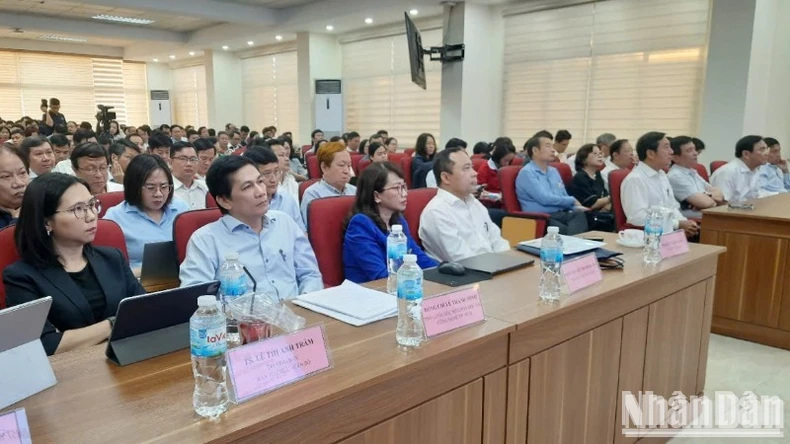 |
Delegates attending the seminar. |
Also at the seminar, experts and scientists said that the draft Law emphasized the role of science, technology and innovation as an important driving force to promote socio-economic development. However, it is necessary to clarify the urgency of promulgating the Law, especially in the context of international competition and the transition to a digital economy.
For example, the current situation in Vietnam shows that the investment ratio for research and development (R&D)/GDP is only about 0.44% (2023 data), much lower than that of countries in the region such as South Korea (4.8%), China (2.2%) and Singapore (1.9%). The innovation ecosystem is still fragmented, with no effective connection between universities, research institutes and businesses...
Source: https://nhandan.vn/nhieu-y-kien-dong-gop-cho-du-thao-luat-khoa-hoc-cong-nghe-va-doi-moi-sang-tao-post859054.html



![[Photo] Closing ceremony of the 18th Congress of Hanoi Party Committee](https://vphoto.vietnam.vn/thumb/1200x675/vietnam/resource/IMAGE/2025/10/17/1760704850107_ndo_br_1-jpg.webp)




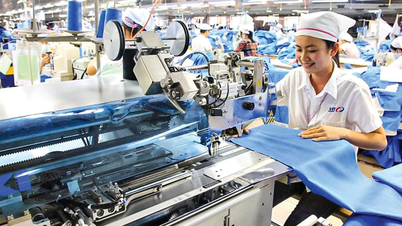



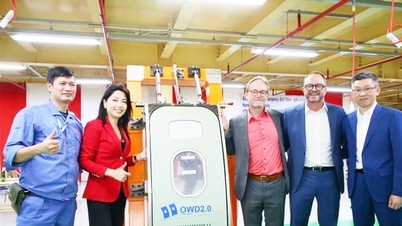


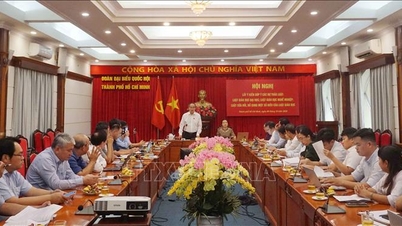

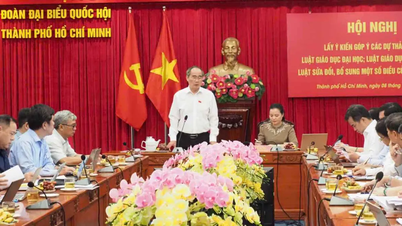







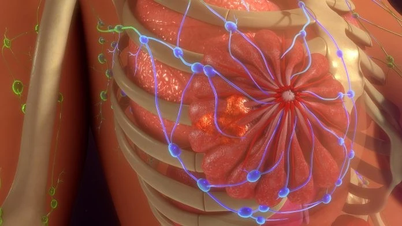







![[Video] Secret Garden maintains its position in the mainstream music stream](https://vphoto.vietnam.vn/thumb/402x226/vietnam/resource/IMAGE/2025/10/18/1760763065557_secretgaden-jpg.webp)


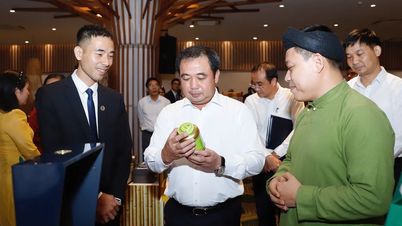


![[Photo] Nhan Dan Newspaper launches “Fatherland in the Heart: The Concert Film”](https://vphoto.vietnam.vn/thumb/1200x675/vietnam/resource/IMAGE/2025/10/16/1760622132545_thiet-ke-chua-co-ten-36-png.webp)


































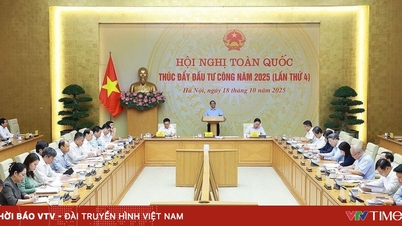


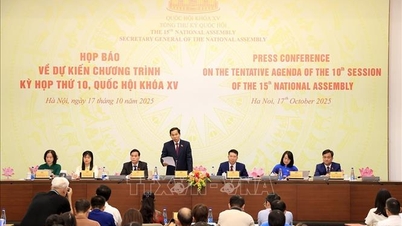









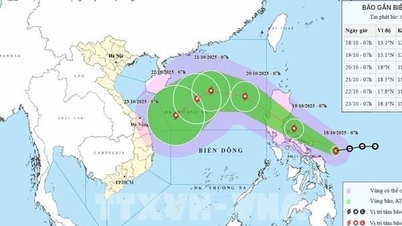


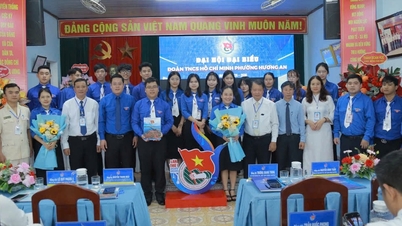
















Comment (0)